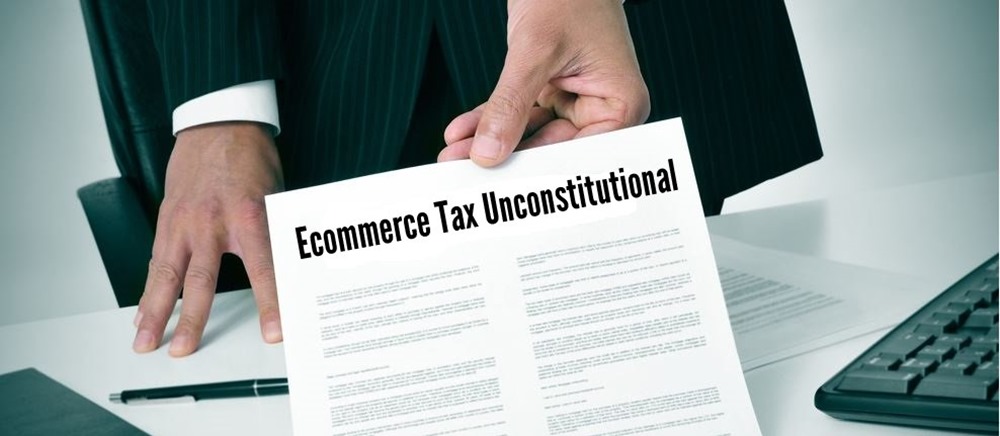Big Victory For Ecommerce: Patna HC Says Entry Tax on Ecommerce Is Unconstitutional & Illegal

Patna High Court has given a landmark judgement, which will protect and conserve ecommerce industry in the state; and most probably sets a tone which will help its cause it other states as well.
In a judgement, Patna HC said that entry tax levied on online purchases by Bihar Govt. is unconstitutional and illegal; and has quashed its very existence.
As per the ruling, such a tax discriminates a dealer/trader from one state and the other, and it violates the premises of equality of our constitution.
The verdict said: “The impugned provisions for the Bihar Finance Act, 2015 amending the Bihar tax on entry of goods into local areas for consumption, use or sale therein…..are declared as ultravires to the constitution and accordingly quashed..”
The same day, Patna High Court has also declared ban on alcohol in the state as unconstitutional.
The state had defended their decision to enforce entry tax as ‘compensatory tax’, an argument which has been rejected by the court.
Flipkart, which is fighting the imposition of such ‘entry tax’ in various states has hailed this verdict from Patna HC, and has expressed hope that it may change the perceptions in other states as well.
A spokesperson said: “The additional entry tax was an anti-consumer move, leading to price inflation and depriving users of full benefits of online shopping. The HC order will not only benefit existing Flipkart users, but also bring lakhs of additional customers to take benefit of the goodness of ecommerce..”
Entry Tax on Ecommerce is Unfair
When states impose entry tax on ecommerce goods, then the seller has to deal with several unnecessary, and unfair taxes, which have been clearly introduced to help the offline trader from the state.
The seller has to pay Central Sales Tax in the state of origin from where product is being shipped, and then again pay Entry Tax where the product is being consumed. On the other hand, the local sellers only needs to pay the value added tax for selling a product inside the state.
In July this year, Madhya Pradesh announced a special 6% tax on all online goods, using the same logic used by Bihar Govt. to kill ecommerce industry; Gujarat, Rajasthan too have imposed such special taxes on online goods; whereas Uttarakhand has imposed 10% entry tax on ecommerce purchases; and due to this confusion, all ecommerce products above Rs 5000 in UP are seized, because no one know who will pay the entry tax there.
Flipkart has already challenged the move by state governments to impose such entry tax on online orders; and Amazon too have joined the fight.
With the implementation of GST regime from next year, it is still not clear for ecommerce companies whether such additional taxes would be applicable on their business or not. In fact, some ecommerce companies are asking the Govt. to exempt them from GST regime all-together.
Fortunately, Govt. is trying to understand clearly the concepts behind the digital trade, and the positive implications of this flexible industry in the economic welfare of the nation, as a whole.
Hopefully, Patna HC judgement will start a new era of simplified, and fair ecommerce business in India.

So why local offline traders have to pay both cst and vat. Local offline traders have to follow and pay for all the regulations. While flipkart and other online companies encourage entities only existing on paper. They should furnish sales tax data of the sellers to the government and it will show most of the companies are bogus not paying any taxes.
The state government will try to override this decision. It loses on taxes when local buyers buy products from other states. It is the states where sellers are located that earns taxes on sales while the consumer state loses its income. Flipkart sells in Bihar but it does not allow sellers from Bihar.